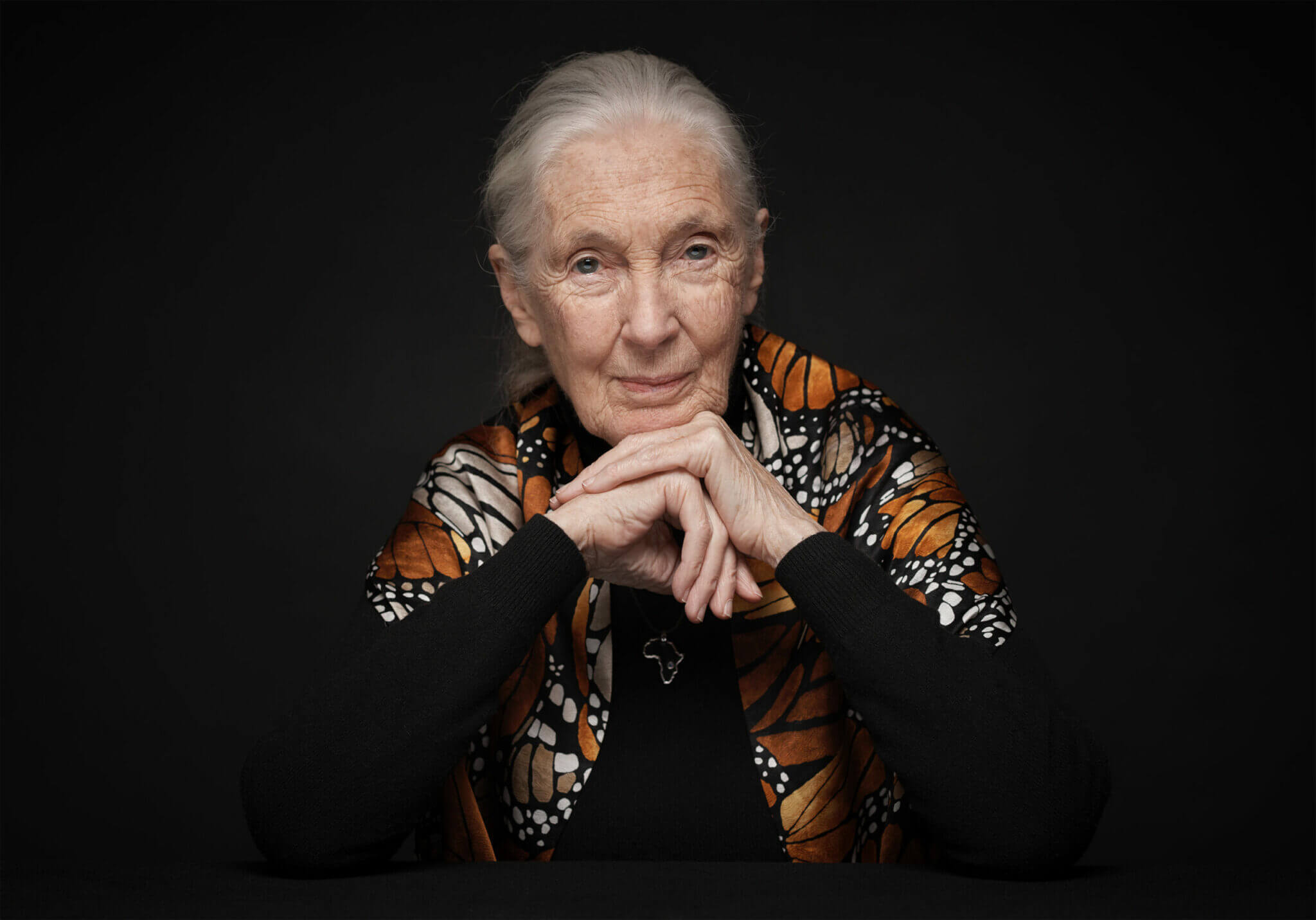The Art of Living in Old Age: 10 Timeless Lessons
Life at 85: What you need to know and why it's worth starting early.

The renowned American writer Roger Rosenblatt has published his most important findings from 85 years lived in the New York Times (April 2025) summarized. His “10 tips for a happy life in old age” are not only humorous, but also contain wisdom that can be used in all phases of life — and fits perfectly into a modern view of successful aging.
1. No one thinks about you
What sounds sobering at first is actually liberating: Most of the time, other people are preoccupied with themselves. Minor missteps or an inappropriate statement hardly stick in the memory of others. This finding supports the idea of self-acceptance, which is also considered a key factor in recent studies on mental health in old age.
2. Make younger friends
The Exchange with Younger People brings energy and inspiration. Studies show that intergenerational friendships strengthen emotional well-being and effectively prevent loneliness in old age.
3. Limit doctor visits to what is necessary
Rosenblatt humorously describes the marathon from specialist to specialist that many older people complete. The balance between preventive medical care and quality of life remains crucial — a thesis that is also attracting increasing attention in the discussion about “overdiagnosis” and “overtreatment” in old age.
4. Get a dog
Pets, especially dogs, promote emotional stability, social contacts, and exercise. These effects have been proven in numerous scientific studies on the positive effects of animal care in old age.
5. No attention to praise or criticism
Whether praise or blame — neither should determine the inner compass. Rosenblatt refers to the serenity that results when one's own action becomes more important than the reaction of others. This attitude strengthens resilience, which is considered an important resource for healthy aging.
6. Everyone hurts somehow
The awareness that all people have their own challenges and pain trains compassion and breaks down barriers — an interpersonal skill that also increases one's own well-being.
7. Perceive the unexpected
In one episode, Rosenblatt describes how he discovered the singing voice of a bouncer. This experience is representative of the gift of pausing in old age and consciously noticing the small wonders of everyday life — a quality that is also emphasized in mindfulness approaches.
8. Find a group
Rosenblatt advises men in particular to be part of a community — be it a sports team, a film club or a relaxed group of like-minded people. Social integration has been shown to protect against depression and cognitive decline.
9. Live with regret
Instead of an illusionless quest for a life without remorse, Rosenblatt pleads for acceptance: Regret is part of it. This understanding of “self-compassion” is also emphasized in psychological models such as “compassion-focused therapy.”
10. Music as a daily ritual
His last advice: Listen to Louis Armstrong in the morning and evening. Music has been proven to improve mood, reduce stress and promote cognitive abilities — especially jazz, which stimulates both emotionally and mentally through its complex structures.
Conclusion:
Roger Rosenblatt's tips are a mix of humor, humility and deep wisdom. They show that aging is not just a biological process, but an attitude that is characterized by self-acceptance, social inclusion, mindfulness and the ability to recognize beauty in everyday life. It is precisely this perspective that Gain wants to promote: aging as a conscious, configurable phase of life full of new opportunities.
Based on the essay ”10 Tips for Being Happily 85 Years Old” by Roger Rosenblatt, published in New York Times on April 13, 2025.
References
Publiziert
29.4.2025
Kategorie
Lifestyle

Experte
The renowned American writer Roger Rosenblatt has published his most important findings from 85 years lived in the New York Times (April 2025) summarized. His “10 tips for a happy life in old age” are not only humorous, but also contain wisdom that can be used in all phases of life — and fits perfectly into a modern view of successful aging.
1. No one thinks about you
What sounds sobering at first is actually liberating: Most of the time, other people are preoccupied with themselves. Minor missteps or an inappropriate statement hardly stick in the memory of others. This finding supports the idea of self-acceptance, which is also considered a key factor in recent studies on mental health in old age.
2. Make younger friends
The Exchange with Younger People brings energy and inspiration. Studies show that intergenerational friendships strengthen emotional well-being and effectively prevent loneliness in old age.
3. Limit doctor visits to what is necessary
Rosenblatt humorously describes the marathon from specialist to specialist that many older people complete. The balance between preventive medical care and quality of life remains crucial — a thesis that is also attracting increasing attention in the discussion about “overdiagnosis” and “overtreatment” in old age.
4. Get a dog
Pets, especially dogs, promote emotional stability, social contacts, and exercise. These effects have been proven in numerous scientific studies on the positive effects of animal care in old age.
5. No attention to praise or criticism
Whether praise or blame — neither should determine the inner compass. Rosenblatt refers to the serenity that results when one's own action becomes more important than the reaction of others. This attitude strengthens resilience, which is considered an important resource for healthy aging.
6. Everyone hurts somehow
The awareness that all people have their own challenges and pain trains compassion and breaks down barriers — an interpersonal skill that also increases one's own well-being.
7. Perceive the unexpected
In one episode, Rosenblatt describes how he discovered the singing voice of a bouncer. This experience is representative of the gift of pausing in old age and consciously noticing the small wonders of everyday life — a quality that is also emphasized in mindfulness approaches.
8. Find a group
Rosenblatt advises men in particular to be part of a community — be it a sports team, a film club or a relaxed group of like-minded people. Social integration has been shown to protect against depression and cognitive decline.
9. Live with regret
Instead of an illusionless quest for a life without remorse, Rosenblatt pleads for acceptance: Regret is part of it. This understanding of “self-compassion” is also emphasized in psychological models such as “compassion-focused therapy.”
10. Music as a daily ritual
His last advice: Listen to Louis Armstrong in the morning and evening. Music has been proven to improve mood, reduce stress and promote cognitive abilities — especially jazz, which stimulates both emotionally and mentally through its complex structures.
Conclusion:
Roger Rosenblatt's tips are a mix of humor, humility and deep wisdom. They show that aging is not just a biological process, but an attitude that is characterized by self-acceptance, social inclusion, mindfulness and the ability to recognize beauty in everyday life. It is precisely this perspective that Gain wants to promote: aging as a conscious, configurable phase of life full of new opportunities.
Based on the essay ”10 Tips for Being Happily 85 Years Old” by Roger Rosenblatt, published in New York Times on April 13, 2025.
Referenzen
Publiziert
29.4.2025
Kategorie
Lifestyle

.svg)














